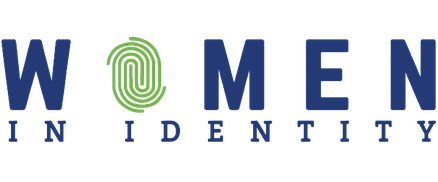
What do you do and what is it about your job that gets you out of bed in the morning?
I’m a Director of Market Planning and Strategy for the LexisNexis Risk Solutions Government division, which means that I get to focus on future growth, whether it’s a new market, product, or capability. I’m extremely motivated by the fact that our solutions help people every day – whether it’s improving the identity verification process to help people in need get their benefits quickly and easily, or arming agencies with the right data to help vulnerable populations get back on track. And I love that in my role every day looks different, and I get to engage with people from many different teams across the company.
How did you get to where you are today?
Like many people, part of my journey can be attributed to being in the right place at the right time (or to having the right conversation!). But I’ve always tried to follow a pat that has impact, whether that’s through a role that drives change in an organization, and/or through working for a company that has a positive downstream effect on those in need.
What is the most important lesson you have learned along the way?
It’s a lesson that I need to remind myself of frequently – it’s important to advocate for yourself. If you won’t, then why would anyone else? Have the confidence to make opportunities happen by asking for them.
What's your pitch to CEOs in the identity space? What do you suggest they START / STOP / CONTINUE doing and why?
As an industry we need to start thinking more about the person behind each transaction. The ramifications of a transaction failing for a non-fraudster can range from minor inconvenience to the inability to access life-altering benefits and services. Related to that, we need to stop focusing exclusively on fraud and think about the story linked to an
identity. Yes, fraud detection and prevention are extremely important and maybe that is the story being told, but we have tools to both prevent fraudsters from getting through and also make the process easier for those who should have quick access to the services they need. There is a spectrum of identity transactions: fraudsters are on one end, and on the other are thin file individuals who may desperately need benefits. We need to continue to improve any technology and workflows that will help these individuals get through. By figuring out how to best identify thin file users and combining their records with enriching data, those individuals have a much better chance of getting help if they need it.
In one sentence, why does diversity matter to you?
It’s all about perspective – surrounding myself with people who bring a variety of opinions and experiences has forced me to consider different approaches when making business decisions, leading to improved products and processes.
What book/film/piece of art would you recommend to your fellow members? Why?
One of my business school professors told me that reading fiction can help increase empathy. It’s a lesson I love to refer to since I’m an avid reader! One of my favorite authors is Emily St. John Mandel. I would recommend either Station Eleven or The Glass Hotel.
What advice would you give to the teenage you?
When a situation feels tough, don’t overthink the negative details – figure out the main lesson to take away, and move on. Most of the time everyone else has other priorities and will move on quickly too!
Where can we find you on social media / the Web?
You can find me on LinkedIn here.


